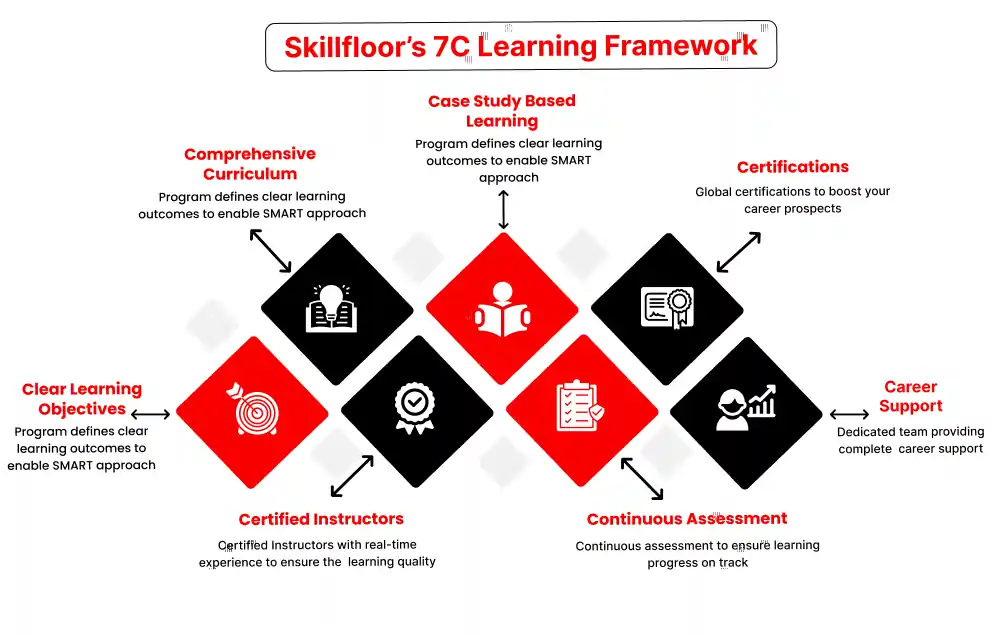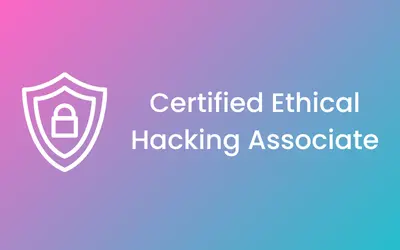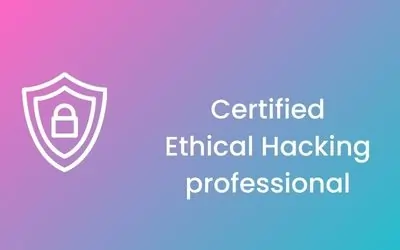CYBER SECURITY TRAINING IN THANE
-

-
(13305 Reviews)
-
Exciting Career Opportunities: Discover the top job openings in Thane’s cyber security industry. Get ready for key positions such as security analyst or ethical hacker.
-
Essential Skills for Success: Learn the key skills needed for success, like network protection, threat detection, and risk management to safeguard businesses online.
-
Practical Training Experience: Gain valuable hands-on experience through internships with top companies. Strengthen your skills and confidence for a successful career in cyber security.



























